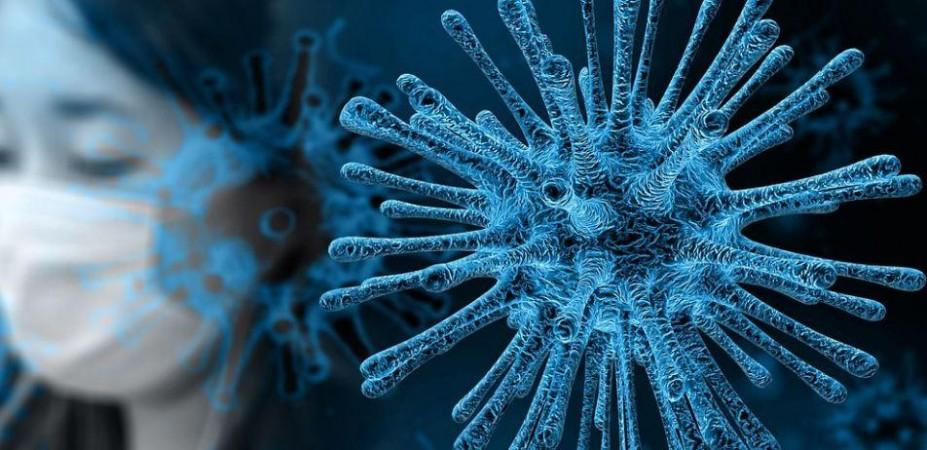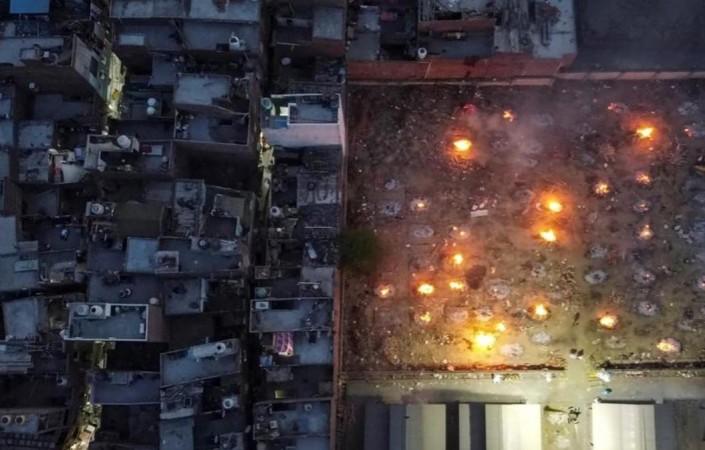India registered 12,885 new Covid-19 cases and 461 deaths in the last 24 hrs, while the new fatalities increased the overall nationwide death toll to 4,59,652.
The recovery of 15,054 patients in the last 24 hours has increased the cumulative tally to 3,37,12,794 and consequently, India's recovery rate has increased to 98.23 per cent, highest since March 2020, said the Union Health Ministry on Thursday.

The active caseload stands at 1,48,579, which is the lowest in the last 253 days. Active cases presently constitute 0.43 per cent of the country's total positive cases, the lowest since March 2020.
Also in the same period, a total of 10,67,914 tests were conducted across the country. India has so far conducted over 61.23 crore cumulative tests. Meanwhile, the weekly positivity rate at 1.17 per cent has remained less than 2 per cent for 41 days now.

The daily positivity rate stands at 1.21 per cent, which has also remained below 2 per cent for last 31 days and less than 3 per cent for 66 consecutive days now. With the administration of 30,90,920 vaccine doses in the last 24 hours, India's Covid inoculation coverage has reached 107.63 crore as of Thursday morning. This has been achieved through 1,08,50,694 sessions.
'Air pollution may exacerbate Covid-19 risks'
With the ongoing Covid pandemic having airborne transmission, particulate matter (PM) in the air could act as a carrier to increase the spread of the virus, experts said.
AIIMS Patna Associate Professor, Dr Abhishek Shankar, said that air pollution is one of the greatest challenges and there have been discussions at global level for strategic solutions to this concern. This has become more important at present in view of positive correlation between air pollution and the spread of the coronavirus, he added.
"These can be well understood with two hypotheses. First, Covid-19, like other viruses, has an airborne transmission, and PM could act as a carrier to increase the spread of the virus. Secondly, PM could induce damage to lung cells, increase inflammation leading to increase in mortality and this effect can be more pronounced in most polluted areas," Shankar told IANS.
Air pollution also weakens the immune system, compromising ability to fight off infection. Long-term exposure to chronically high PM2.5 levels weakens the ability of the lungs to clear off infections due to compromise in immunity, making general population more prone to acquire Covid-19, he added.
Adverse impact on affected lungs
AIIMS Delhi's Additional Professor, Community Medicine, Prof Harish Salve, told IANS that the rising air pollution - whether due to stubble burning or crackers, it may have adverse impact on compromised lungs.
As severe Covid patients have compromised lungs, they must avoid going outside in the morning hours as air pollution has more impacts during the time.
"Air pollution is most important contributor and risk factor for non-communicable disease like lungs problem, heart failure, brain stroke and many others. Over 85 per cent deaths in India are linked with non-communicable diseases, Salve said.
Noting firecrackers injuries most commonly affect eyes, hands, face, head, and fingers, RML Hospital's Dr Tarun Kumar said that most commonly, they results in burn injuries but can also leads to laceration and tissue damage. Injuries are most commonly associated with sparklers, aerial crackers and so on, he added.
About additive effects of crackers on pollution, he said that many harmful gases like sulphur dioxide, and nitrous oxides are released when crackers are burst, and these can exacerbate respiratory diseases like asthma and bronchitis.
(With inputs from IANS)

















